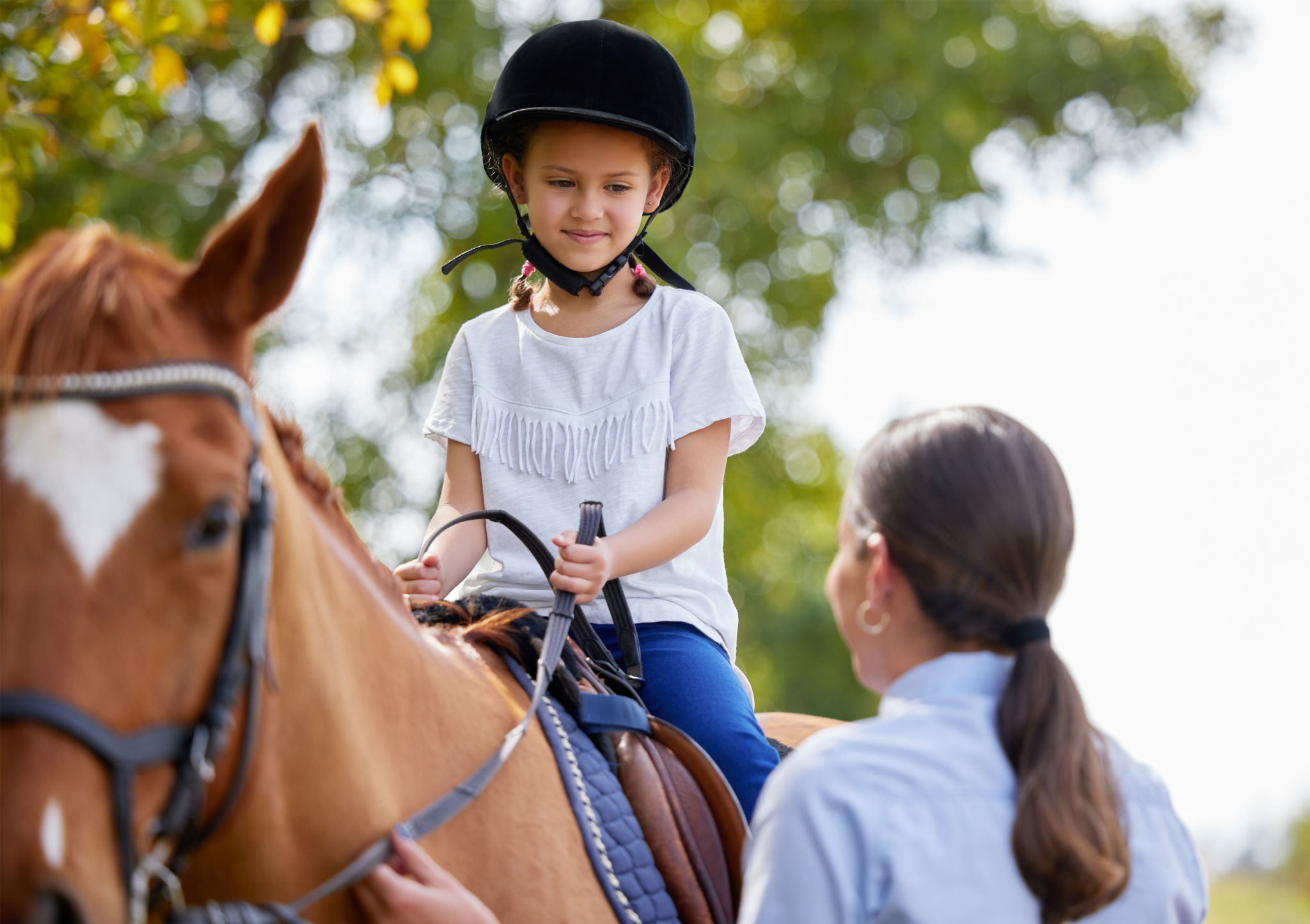A Comprehensive Guide to Horse Riding Lessons: What to Expect
Introduction to Horse Riding Lessons
Embarking on the journey of learning to ride a horse is both thrilling and rewarding. Whether you're a complete beginner or looking to refine your skills, horse riding lessons offer a structured and safe environment to explore this timeless pastime. In this guide, we'll delve into what you can expect when you sign up for horse riding lessons.

Choosing the Right Riding School
Finding the right riding school is crucial to your learning experience. Start by researching local stables and riding academies. Consider factors such as the school's reputation, the qualifications of their instructors, and the condition of their horses. Visiting the facility in person can also give you a sense of the environment and ensure it aligns with your expectations.
Here are a few tips for choosing the right school:
- Look for schools with certified instructors.
- Check reviews and testimonials from previous students.
- Ensure the facility maintains high standards of horse care.
What to Wear for Horse Riding Lessons
Proper attire is essential for safety and comfort during your lessons. Most schools will provide a helmet, but it's a good idea to invest in your own once you're committed to regular sessions. Wear long pants to protect your legs and boots with a low heel to prevent your foot from slipping through the stirrup.

It's also important to avoid loose clothing that could get tangled in equipment. Remember, comfort is key, as you'll be spending a significant amount of time in the saddle.
The Structure of a Typical Lesson
A typical horse riding lesson will begin with an introduction to the horse and an overview of basic safety rules. Your instructor will guide you through mounting and dismounting, as well as basic riding commands. Over time, you'll progress from walking to trotting, and eventually, more advanced techniques like cantering or jumping.
Expect a combination of hands-on practice and theoretical learning. Understanding horse behavior and care is often part of the curriculum, ensuring you develop a holistic understanding of what it means to be an equestrian.
The Benefits of Horse Riding
Beyond learning how to ride, horse riding offers numerous physical and mental health benefits. It's an excellent form of exercise that improves balance, coordination, and core strength. Mentally, spending time with horses can be incredibly therapeutic, reducing stress and fostering a sense of calm.

Moreover, horse riding enhances problem-solving skills and boosts confidence as you master new techniques.
Overcoming Initial Challenges
Like any new activity, horse riding presents its own set of challenges. Beginners may feel intimidated by the size and strength of horses or struggle with coordination initially. It's important to remain patient and persistent, as skills develop with practice and time.
Your instructor will be there to support and guide you through these challenges, ensuring you build a strong foundation in both skill and confidence.
Continuing Your Equestrian Journey
As you gain proficiency, you might consider exploring different riding styles such as dressage, show jumping, or western riding. Many schools offer specialized courses to cater to these interests, allowing you to further expand your knowledge and skills.
Engaging with the equestrian community through events or competitions can also enhance your experience, providing opportunities to meet fellow enthusiasts and learn from skilled riders.
Conclusion
Horse riding lessons are a fantastic way to connect with nature while developing new skills. Whether you're riding for leisure or aiming for competition, the journey is filled with opportunities for growth and enjoyment. Remember to embrace each lesson with an open mind and a willingness to learn—both from your instructor and the incredible horses you'll have the privilege to ride.
